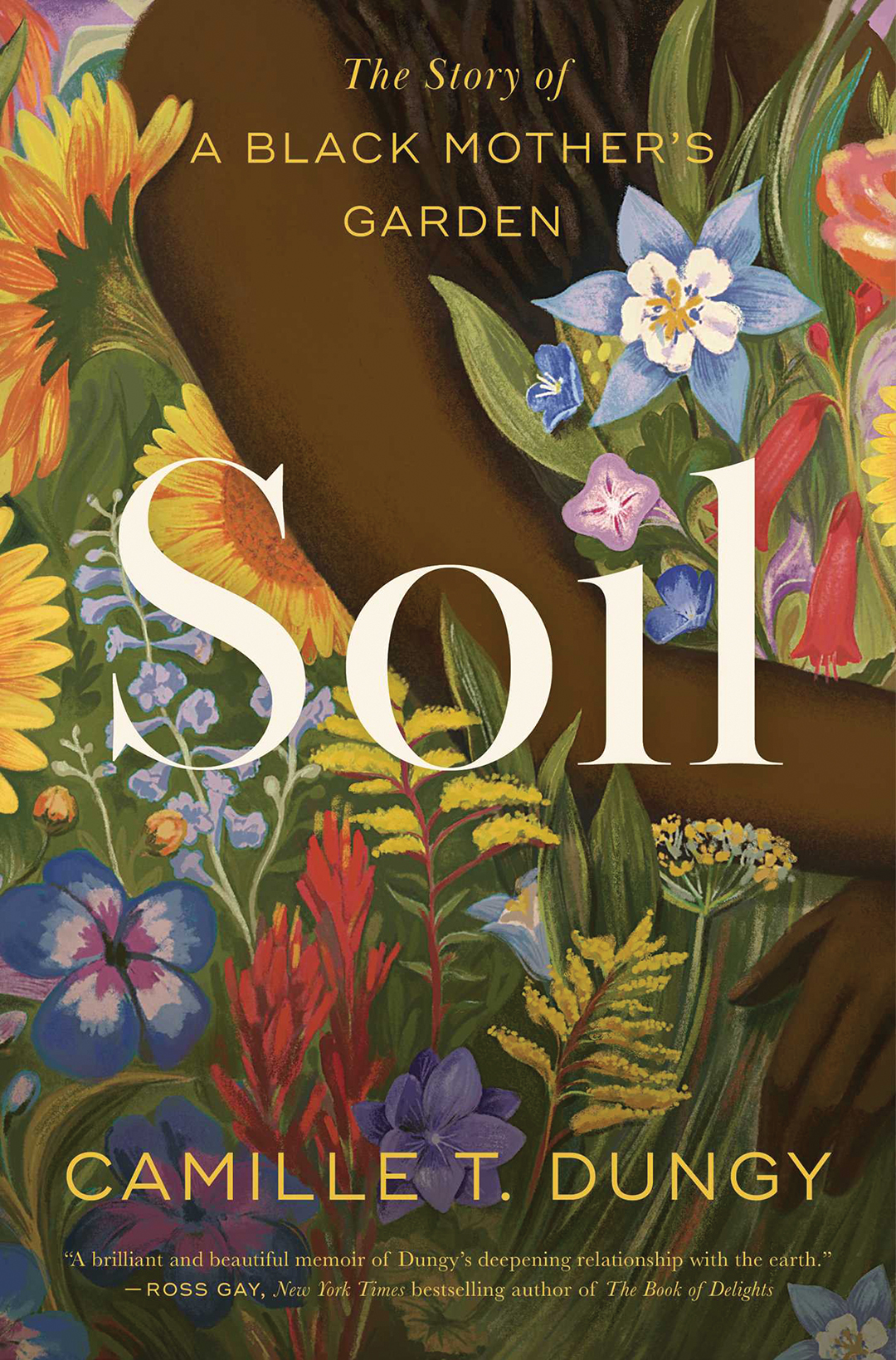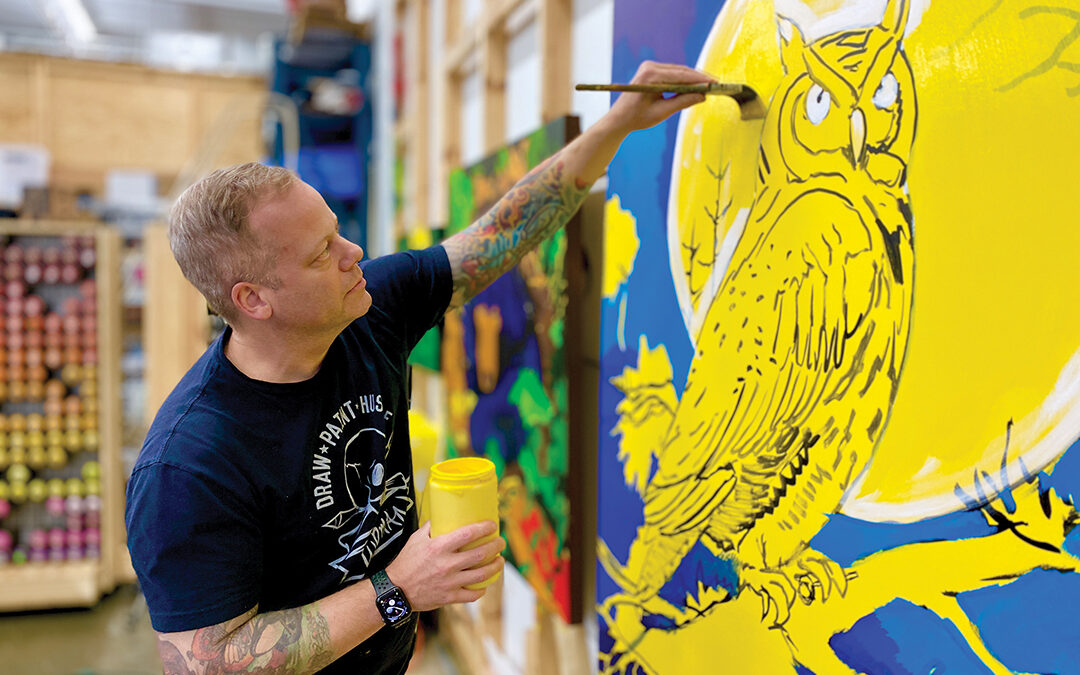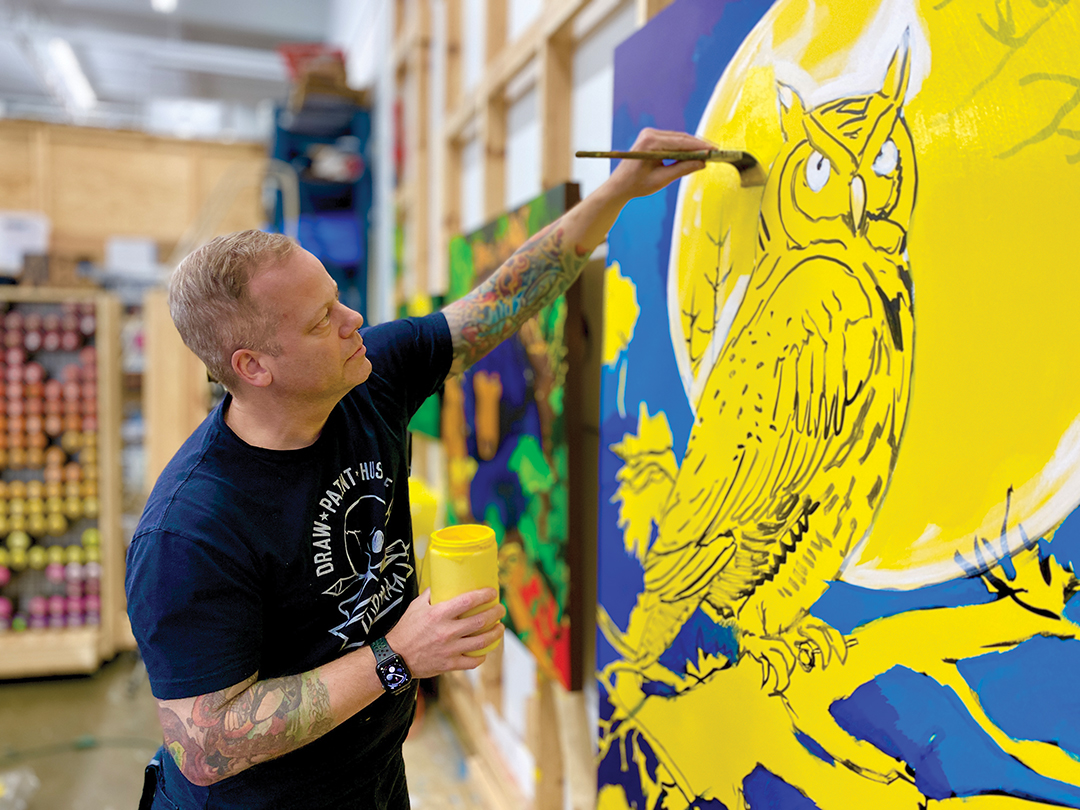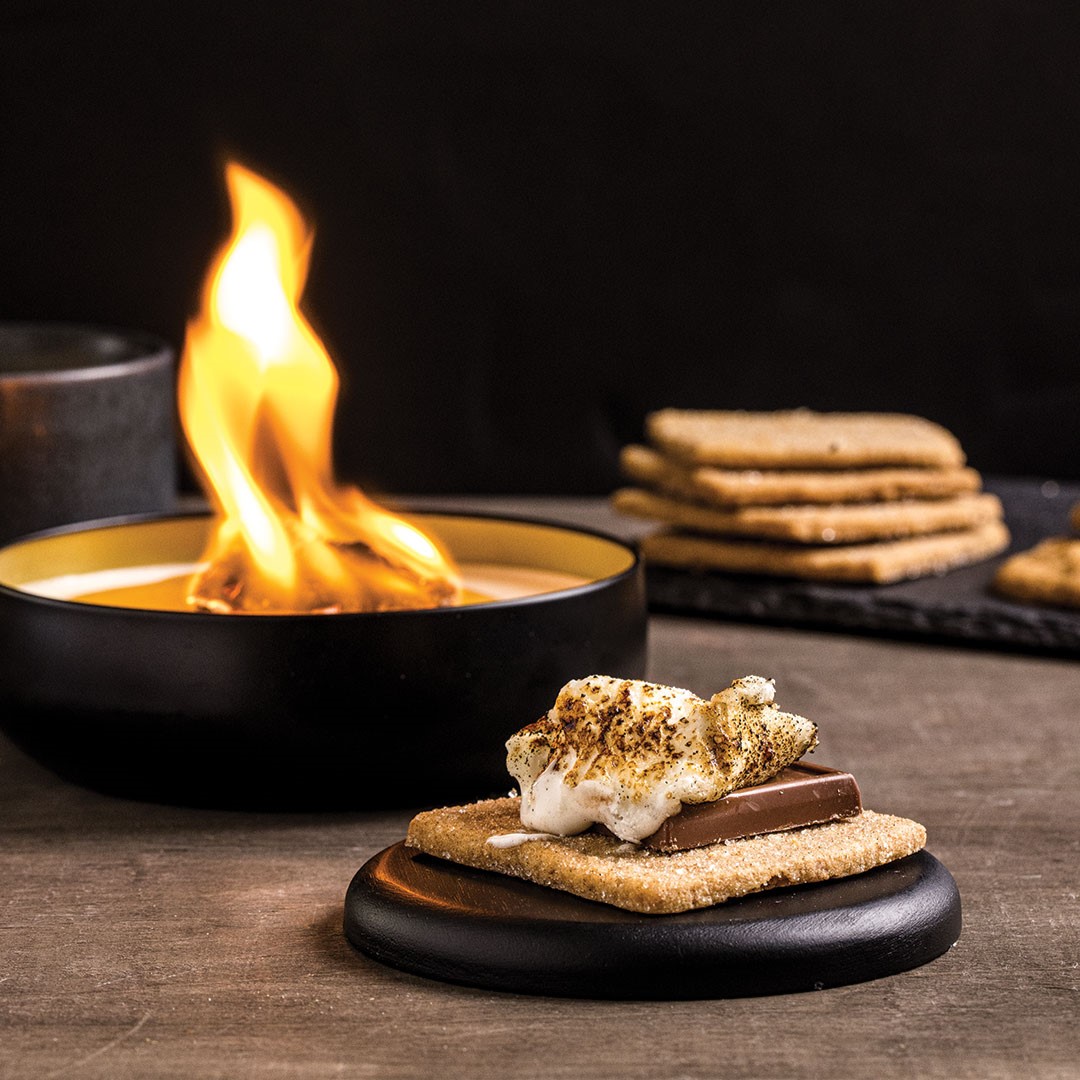
In winter, there’s nothing more soothing than the memory (and anticipation) of a full, lush garden. Camille Dungy’s memoir, Soil: The Story of a Black Mother’s Garden, blooms with verdant descriptiveness that makes you wonder if you’ve got dirt under your nails after each chapter. It’s a rich exploration of native plants, meaningful places and the histories—personal and beyond—that brought Dungy to her little plot in Fort Collins, Colorado.
Dungy is a poet, too, and her lyrical care for words shines as she introduces every new plant that’s part of her story. She makes sure to include the Latin names, despite admitting that she’s not sure how they’re all pronounced. It’s this personable nature that makes Dungy relatable as she describes the successes and failures familiar to any enthusiastic gardener, no matter how quaint or grand the yard.
This memoir digs deep, too, beyond the excitement of brightly colored blooms. As a Black mother, an academic and a gardener, Dungy is intent on exploring the ways in which stories of Black people and their gardens have been told over time. She writes of Anne Spencer, another Black poet, who lived and gardened for 72 years at a house in Lynchburg, Virginia, between 1903 and 1975. Spencer left behind a meticulously preserved garden and a legacy that Dungy took great inspiration from when she lived in Lynchburg.
A delightful and thought-provoking read, this book is unique and can satisfy anyone who is enthusiastic about gardening, native plants, social history and how mothering connects it all.
Read more at camilledungy.com.






![Finding enough to do in her Long Lake garden isn’t difficult for Meg Cowden. She relishes the opportunity. “Gardening is a multifaceted life-giving hobby,” she says. “It provides you with the opportunity to slow down, observe [and] experience deep reverence daily, and it’s grounding.”](https://lakeminnetonkamag.com/wp-content/uploads/2024/04/Future_LKM_GardenTour_Meg_7743.jpg)















